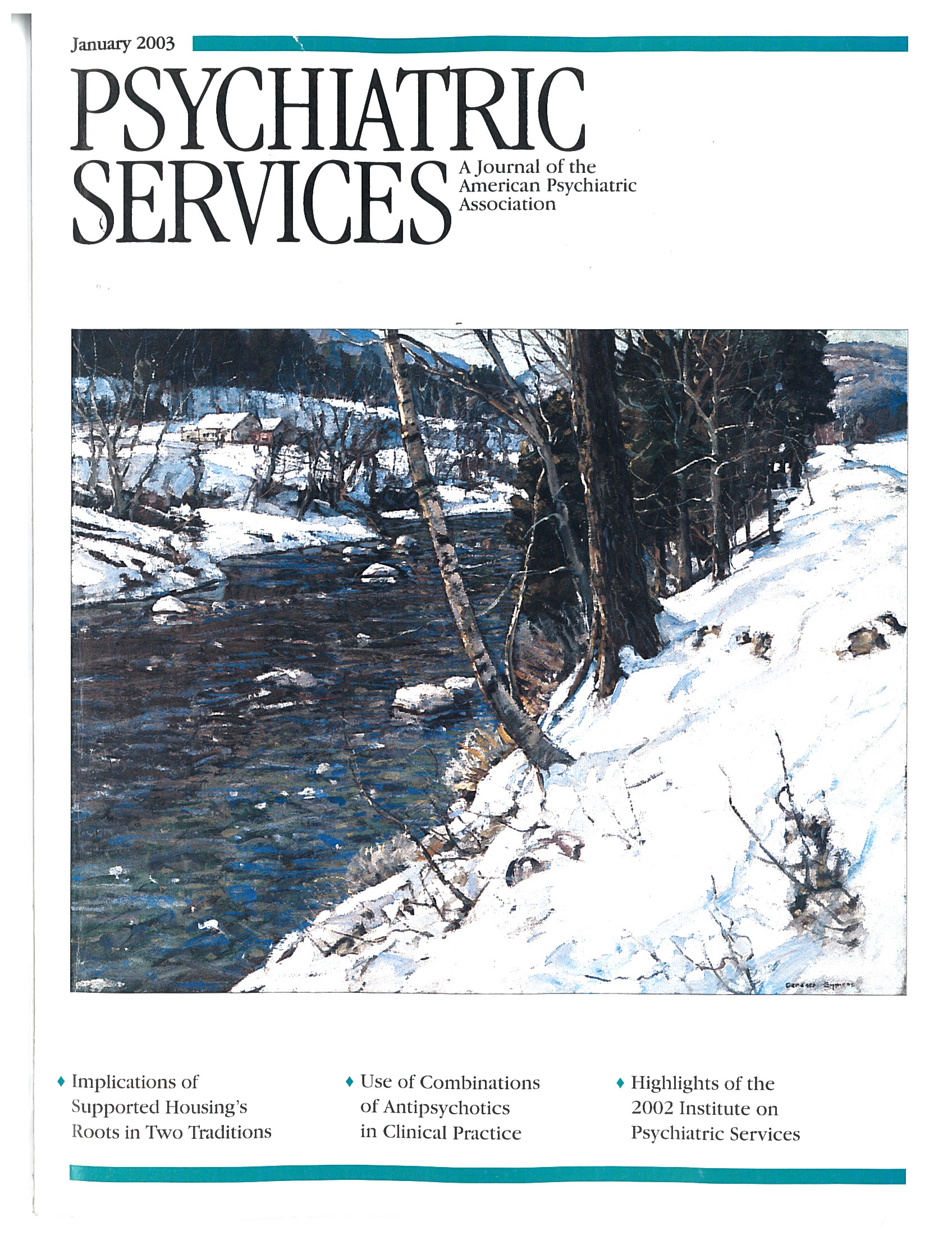World Mental Health Casebook: Social and Mental Health Programs in Low-Income Countries
World Mental Health Casebook: Social and Mental Health Programs in Low-Income Countries compiles descriptions of seven programs that were implemented in response to mental health needs in several countries and populations. "Mental health" is broadly defined, as reflected by the diversity of the topics that are covered.
Although the diversity of the programs described in this casebook provides breadth, it also limits the depth in which any single topic or theme is identified and explored. Global themes that unify the chapters include the impact of sociopolitical influences—particularly the complex interrelationships between government, religion, and culture—on the nature of mental health and approaches to its restoration, or achievement. Most chapters are written by authors who had direct involvement in the programs that are described. Although this creates some unevenness in the chapter narratives, it provides credibility of content.
The goal of World Mental Health Casebook, as stated in the introduction, is "to begin the process of documenting what has been done so that we can build on those experiences and move forward." The authors express the hope that such descriptions will encourage research and evaluations of mental health needs and services in low-income countries. Although the authors meet their objective in documenting representative programs, the role of descriptive narratives as catalysts for comprehensive and systematic evaluations is less certain. Although the authors recognize this chasm, the absence of specific program objectives and outcome measures of the programs described limit the practical applications of this book for service researchers and for persons involved in program development and implementation.
Social scientists may find this casebook valuable in the instruction of medical sociology. Chapter 1, on schizophrenia in China, and chapter 6, on deinstitutionalization in Italy, are particularly relevant to community psychiatrists. I found chapter 6 to be the most interesting, readable, and enjoyable chapter of this book. It describes the transition of institutional to community-based care in Italy in a lively, well-written narrative. Several chapters focus on gender-related issues: chapter 3, on Guatemalan refugee women in Mexico; chapter 5, on the national literacy mission in northern India; and chapter 7, on postpartum depression in Fiji and Hong Kong. These chapters may be of particular interest to clinicians and social scientists who are interested in women's studies and women's health issues.
This book may also be of interest to public health workers and to persons involved in mental health service delivery in rural areas. World Mental Health Casebook will be of general interest to anyone who faces the challenges of implementing and evaluating programs in any country or region characterized by a paucity of resources and an abundance of stigma.
Dr. Rohland is affiliated with the department of psychiatry of the School of Medicine at Texas Tech University in Amarillo.



